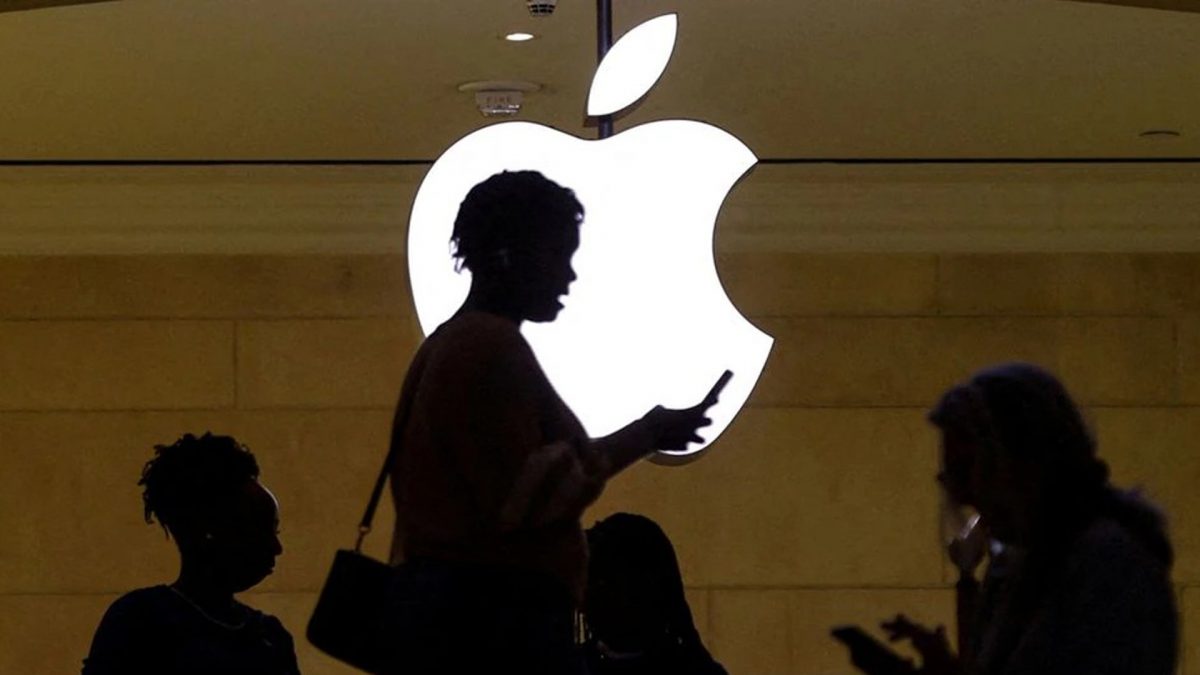The Democratic Republic of Congo (DRC) has filed criminal complaints against Apple subsidiaries in France and Belgium, accusing the tech giant of using conflict minerals in its devices. Lawyers for the Congolese government allege that Apple’s supply chain includes minerals such as tin, tantalum, and tungsten (3T minerals) sourced from conflict-ridden regions, where armed groups fund violence through illegal mining.
The complaints target Apple France, Apple Retail France, and Apple Retail Belgium, accusing them of crimes ranging from laundering tainted minerals to covering up war crimes and misleading consumers about ethical practices. The Congolese government claims Apple benefits from minerals laundered through international supply chains, making the company complicit in atrocities occurring in the DRC.
Apple’s denial and traceability issues
Apple maintains that it does not directly source raw minerals and conducts thorough audits of its suppliers. Its 2023 conflict minerals report stated that none of its supply chain partners had financed armed groups in Congo or neighbouring regions. However, the legal complaint focuses on ITSCI, a monitoring scheme meant to ensure clean mineral sourcing, which Congo’s lawyers argue is flawed and unreliable.
The Responsible Minerals Initiative (RMI), of which Apple is a member, removed ITSCI from its list of approved traceability schemes in 2022, citing concerns over inadequate field checks and rising violence in key mining areas like North Kivu. Despite this, Congo’s lawyers argue Apple continues relying on ITSCI to present its supply chain as ethical.
A long history of conflict
Eastern Congo has been plagued by violence since the 1990s, with armed groups — often supported by neighbouring Rwanda — competing for control of valuable mineral resources. Proceeds from these illegally mined minerals are used to fund weapons and sustain conflicts, leading to widespread displacement, mass atrocities, and millions of deaths. While Rwanda denies involvement, UN experts and human rights groups have repeatedly documented the link between mineral smuggling and ongoing violence.
Belgium’s inclusion in the case adds historical weight to the matter. Congo’s Belgian lawyer Christophe Marchand noted Belgium’s colonial past, during which Congo’s resources were exploited under King Leopold II. He argued Belgium has a moral responsibility to support Congo’s efforts to end the modern-day pillaging of its resources through legal means.
What happens next?
The criminal complaints mark the first time the Congolese state has directly targeted a major tech company in court. Legal authorities in France and Belgium — countries known for strong corporate accountability laws — will now decide whether to investigate further and potentially bring criminal charges.
While Apple has not responded directly to the accusations, the case highlights growing scrutiny over global tech companies and their supply chain practices. With flaws in mineral traceability schemes exposed, this legal battle could set a precedent for how corporations are held accountable for sourcing materials from conflict zones.
For the DRC, the case represents a step toward addressing the exploitation of its resources and the human suffering it perpetuates. As the legal fight unfolds, Apple and other tech giants face mounting pressure to ensure their supply chains are truly free of conflict minerals.
)